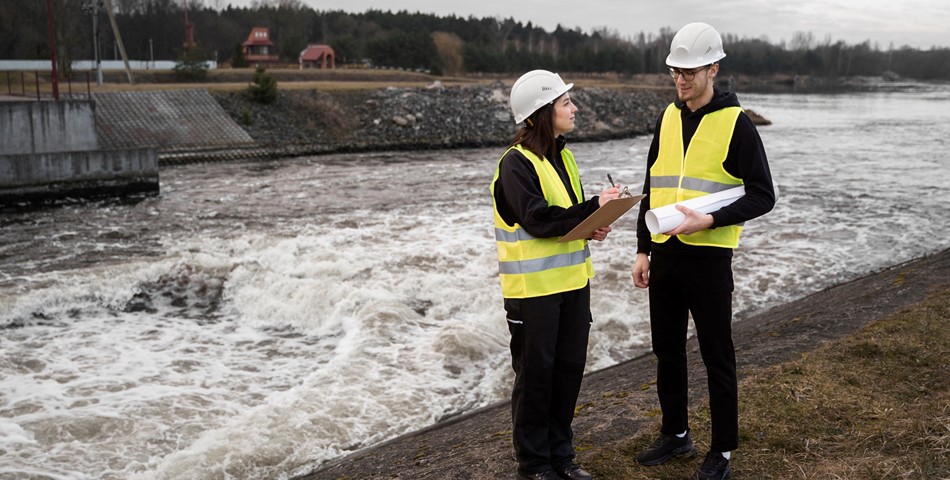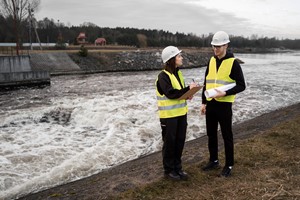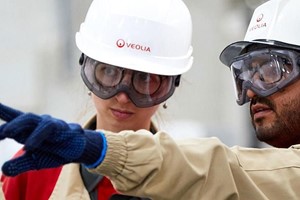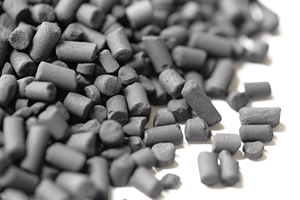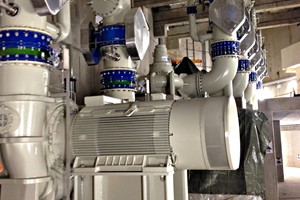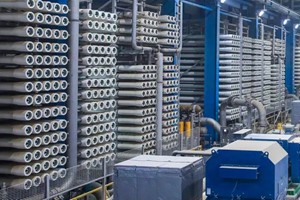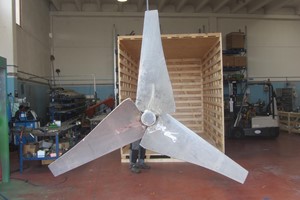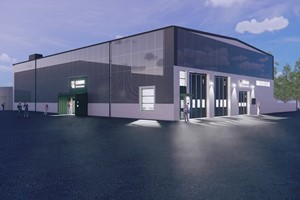Membrion Inc.’s innovative Electro-Ceramic Desalination (ECD) technology has successfully demonstrated its ability to recover clean water from reverse osmosis (RO) desalination reject water during a pilot project at Colgate-Palmolive’s facility in Cambridge, Ohio. Over a four-week period, the ECD unit processed wastewater from the RO system, producing clean water suitable for reuse. The facility was chosen due to its challenging water chemistry, providing an ideal environment to test the technology's robustness.
The ECD process employs ceramic membranes, crafted from silica sheets with pore sizes optimized for ion transport. Unlike traditional pressure-driven methods, ECD uses an electric field to separate ions, enabling its effectiveness in extreme conditions where polymeric membranes typically fail. This approach not only concentrated problematic ions from the RO reject water into 3–6% of the original water volume but also allowed operators to adjust water chemistry specifications to meet diverse reuse needs, explained Membrion CEO Greg Newbloom.
Encouraged by the pilot’s success, Membrion is now collaborating with Colgate-Palmolive to scale up the technology’s deployment across multiple facilities in water-scarce regions. The expanded application aims to deliver up to 400 million gallons of reusable water annually across these sites.
The project was part of the 100+ Accelerator program, a collaborative initiative involving industry leaders committed to advancing sustainability-focused technologies. The program’s shared mission is to develop solutions with broad benefits for member companies while addressing global challenges like water scarcity.
By Scott Jenkins



